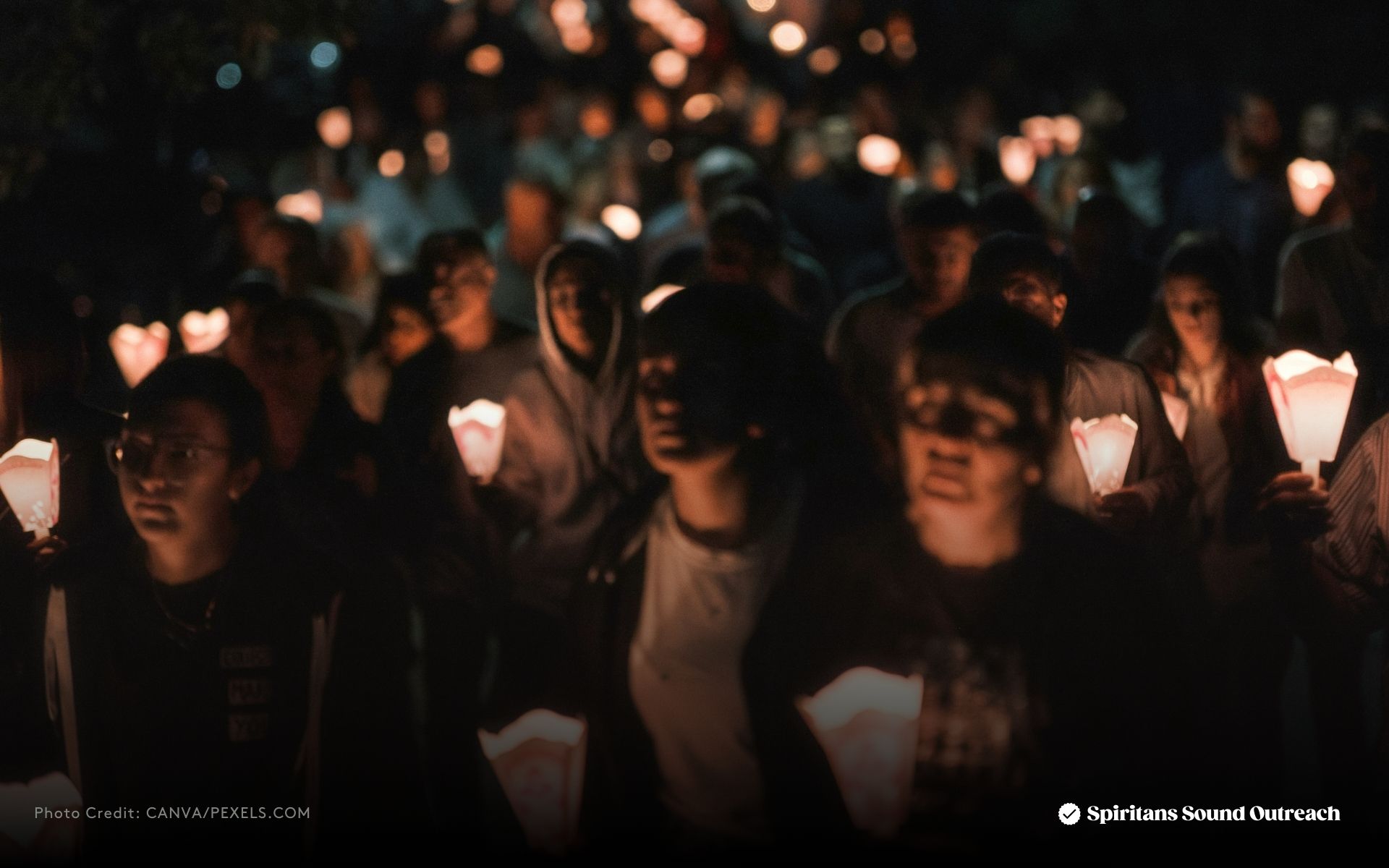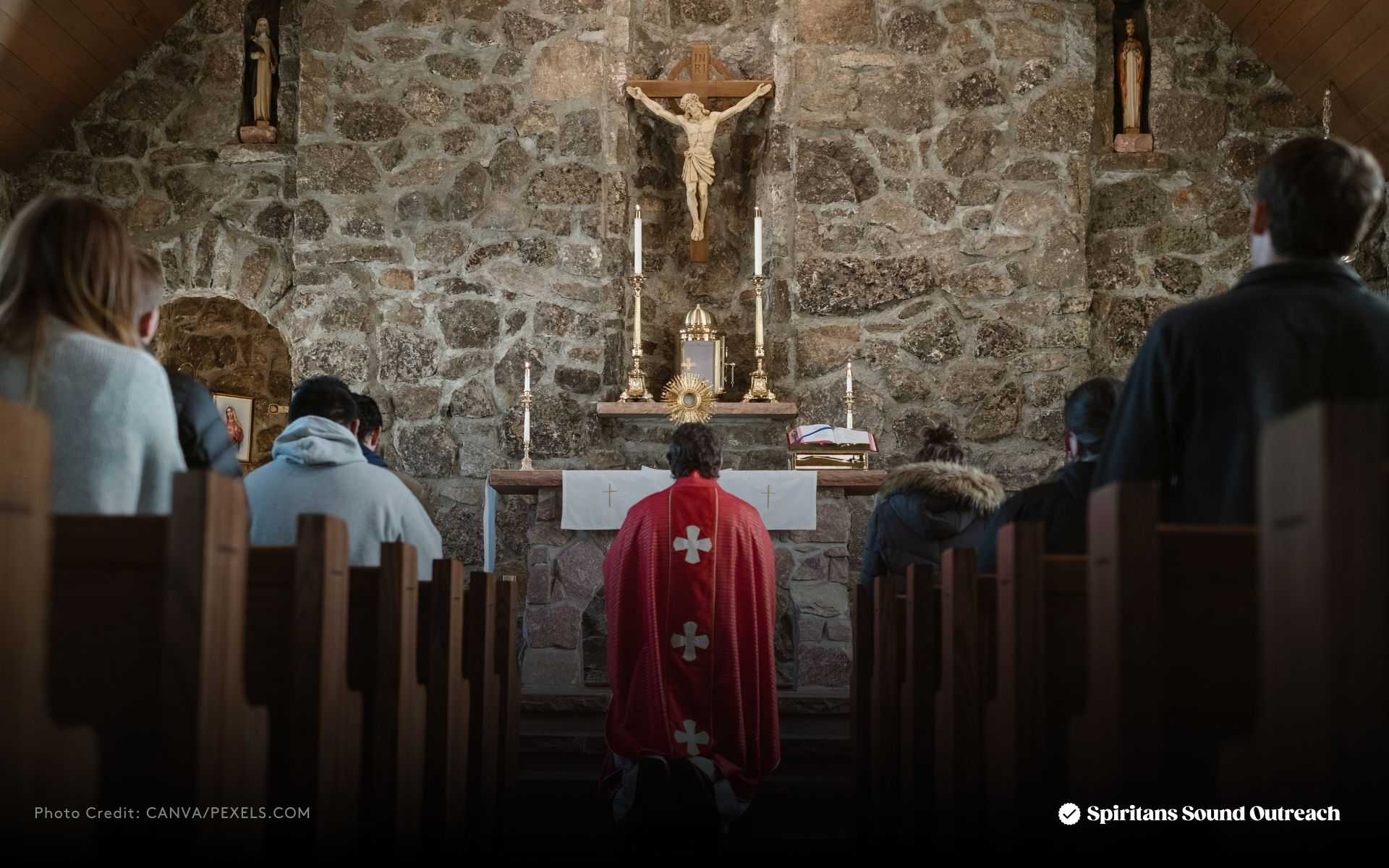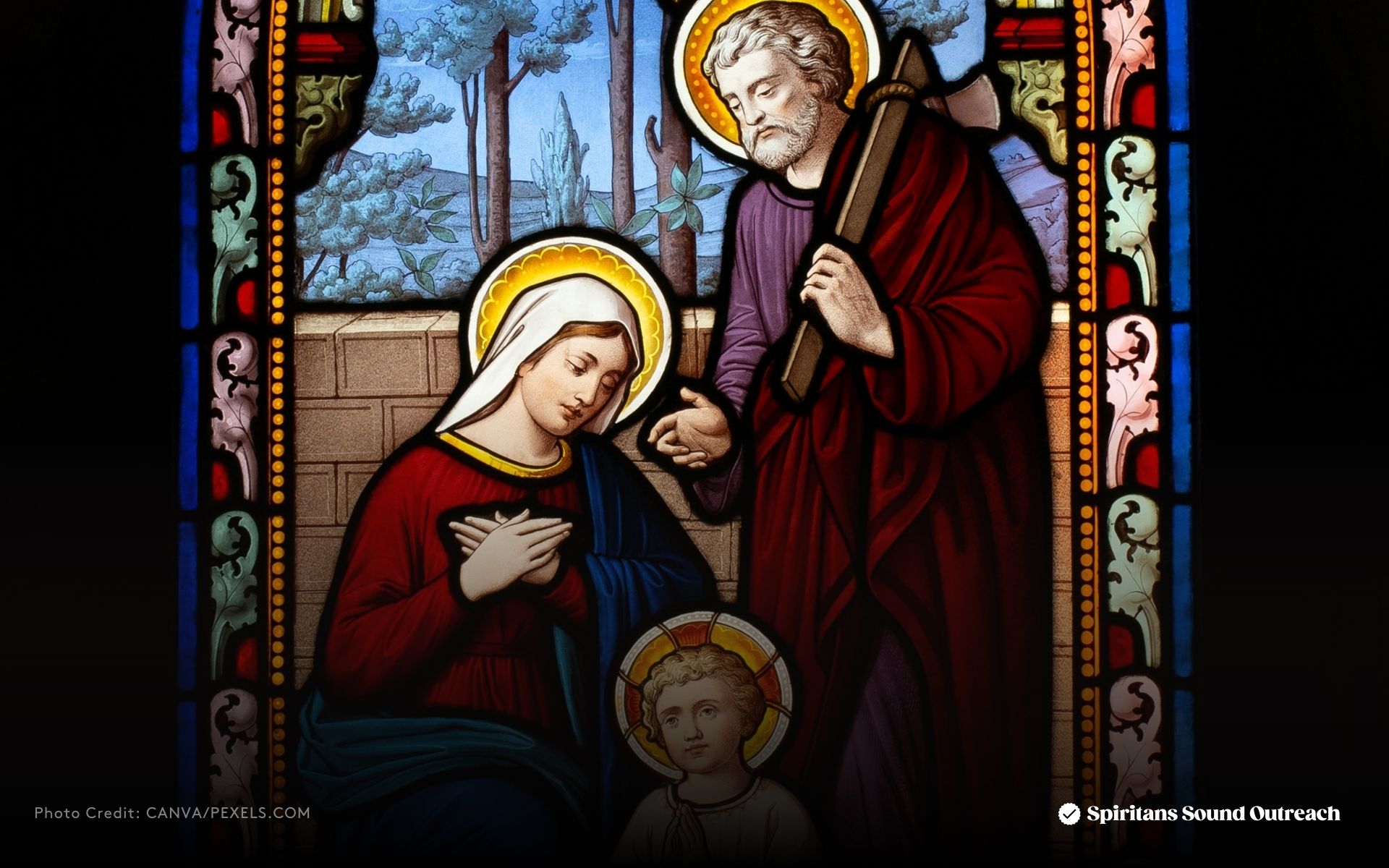Today, the second Sunday of Easter, is popularly known as Divine Mercy Sunday. Our attention is drawn to the greatest attribute of God: Divine Mercy. This feast comes up on every second Sunday of Easter, because it was the instruction of the Lord to St Faustina Kowalska, a Polis nun. (cf. Faustina Diary Nos. 299-300). It was celebrated for the first time under the pontificate of St John Pall II.
Though devotion to the Divine Mercy started in the 1930s with St Faustina, the message of God’s mercy is not new, the devotion to the Divine Mercy is a reminder of what the Church has always taught through the Scripture and the Sacred Tradition: that God is merciful and forgiving and that we too must forgive and be merciful. Therefore, in the Divine Mercy devotion, the message of mercy assumes a stronger emphasis, calling people to a deeper understanding that God’s love is unlimited and that everyone can access it, including the greatest sinner in the world.
Mercy Sunday celebrates the risen Christ’s gift of the Sacrament of Mercy to the Church, sending His disciples to exercise the ministry of forgiveness with the same power with which He forgave sins during His own mission. Jesus Christ, the face of God’s mercy, thus leaves for the Church a provision of mercy ensure the restoration of sinners to the state of grace as often as they approach Him in that Sacrament. Ultimately, the Sacramental encounter of mercy brings us peace, wholeness and wellbeing.
The liturgy of this Sunday also reveals the strong connection between the Resurrection and the Divine Mercy of God. Surely, Jesus suffered and died for the sins of the world. But having conquered sin and death through His resurrection, Christ didn’t condemn or criticise the Apostles for deserting Him during His passion, but He gave them hope and courage and strengthen them with the Holy Spirit. Through the power of the Holy Spirit, Christ established for us the Sacrament of Reconciliation, through which our sins can be forgiven. The word of Jesus, “whose sins you forgive are forgiven…” is a clear evidence that Christ deliberately gave authority to His Church, through the Holy Spirit, over sins of her members: to forgive or to retain them. The exercise of that authority has always been entrusted to ordained ministers of the Church, first, Bishops only, and later, priests as well. Though this Sacrament is ignorantly opposed among many non-Catholics.
Christ says, “As the Father sent me, so am I sending you”. This means that the Apostles must continue the work of Jesus, and just as Jesus forgave sins, so their work will involve the forgiveness of sins. They cannot do this by their own strength, so He breathes the Holy Spirit on them. By so doing, Christ instituted the Sacrament of forgiveness. By breathing on the Apostles Christ empowered them to forgive sin. It is the same word used in Genesis 2:7 where God “breathed into Adam’s nostrils to give him life that Jesus used here in giving new power to His disciples to forgive sin. The breathing on the Apostles by Jesus is a clear suggestion of the power of the Sacrament of Penance to restore the life of sanctifying grace to one spiritually dead through sin, it is as astounding as a plain of dried bones being restored to life.
The message of mercy is also pronounced in today’s First Reading. We hear the excitement in the early Christian community of the good things that were done through them and great signs that were performed in the name of Jesus attracting many people to “the Way”. The sick and those tormented by the evil spirits experienced healing. Also, the early believers gladly shared their food as well as their goods when the need arose. The conviction that Jesus is alive changed everything in them. And because of this Christians were held in high esteem by the people, and they came to believe in their testimonies. Therefore, Christian faith does not consist only in proclaiming abstract truths; instead, it means showing mercy to the less-privileged.
The second part of the Gospel is about how Thomas cut himself off from the community of the Apostles, how he worked alone in his doubt and grief. It was only when he rejoined the community that he encountered the risen Lord, and so found faith again. Therefore, community is an essential part of Christian witness. We too meet Jesus Christ at the every celebration of the Eucharist, and if we are absent, we miss the opportunity of meeting Christ just as Thomas did. Therefore, private devotion or prayer, though very good, cannot replace communal worship. We should not neglect the fellowship of the children of God. This was a mistake of Thomas, which many of us often make.
But that is not all. Thanks be to God for His mercy for every individual. Christ appeared again for the sake of Thomas, just one person, who was absent. Christ paid attention to every individual and care for them personally.
Lastly, Christ presence brought joy to the disciples, and at the same time a new demand. They have to continue from where Christ stopped. We, the believers of the resurrection, will now become the extension of Christ in the world. We have to reach the places Christ did not reach due to His human limitations while on earth. No wonder, the Scripture calls us Christ’s ambassadors (cf. 2 Cor 5:20). Today, the world is full of ‘doubting Thomases’. They will not come to believe unless they could touch Jesus’ wounds and see the radiance of His face. And this can happen only if Christ is seen to be alive in His followers. So, we have the obligation to prove to the world, by our ways of life, that we are serving the living God not a dead one.
May the Lord Jesus Christ help us to be worthy and convinced witnesses to His Resurrection in our world. Amen!
Remain blessed.







